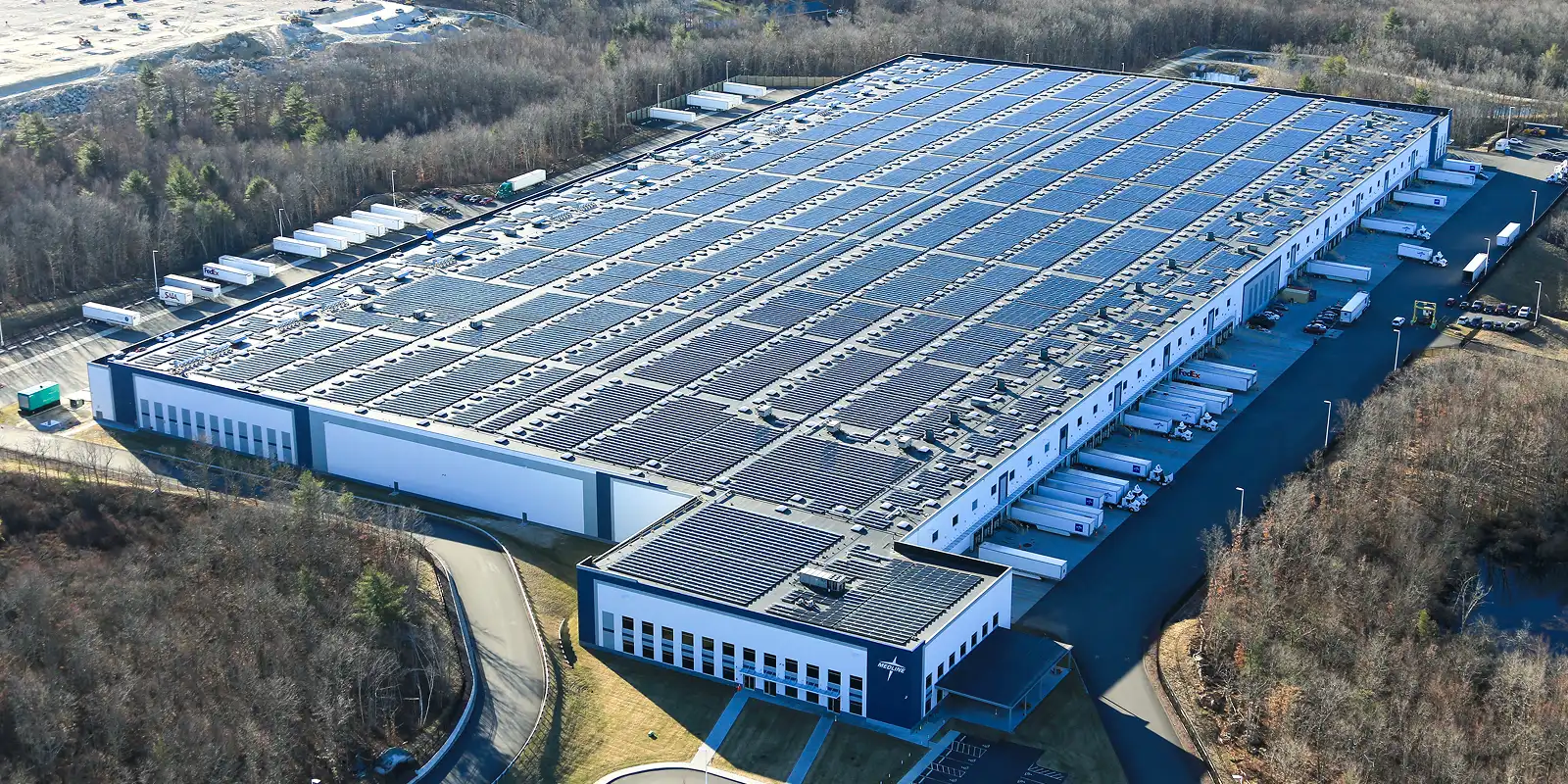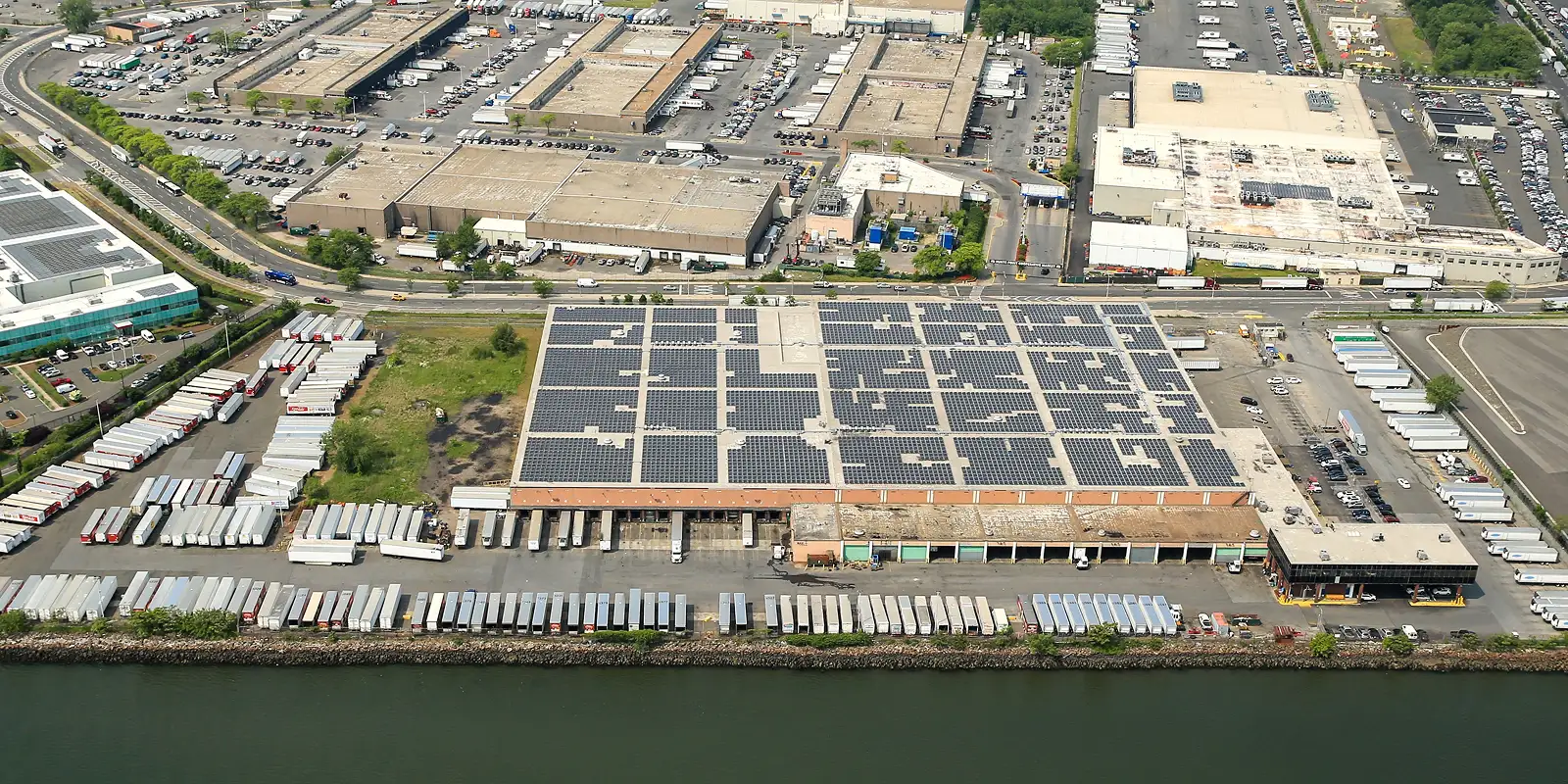Quality Inspections for Quality Solar System Performance

As solar installations continue to increase globally at an unprecedented pace, it is imperative that the safety, quality and reliability of photovoltaic (PV) systems are not compromised. Installation and operational risks are important to consider since they have a direct impact on the rate of return of the solar project investment. One crucial way of reducing these risks and ensuring the optimal operation of a solar system is through quality inspections.
What is a Quality Inspection?
During a Quality Inspection, trained and experienced personnel with NABCEP (National American Board of Certified Energy Practitioners) Solar Installation Certifications conduct a thorough review and screening of the project at two stages of the installation process. These inspections help guarantee that the PV system meets the highest industry standards in addition to the National Electric Code requirements. Any aspect of the installation that does not conform to Code or contract specifications must be resolved before the system is turned on.The inspection is performed in two parts. The first one takes place after the mechanical completion (when the modules and racking are installed) and the second happens after the full system installation. Inspections can range from one to three days and are performed on-site at the PV system. The inspectors check every component of the PV system to ensure safe and efficient operation.Quality inspections are important during the installation for two main reasons: promoting safety and supporting optimal system performance. Inspectors perform site risk analyses to ensure workers are safely executing their scope of work. PowerFlex takes extra safety measures; all projects must pass a detailed internal safety checklist before the project managers hand a PV system over to the Operations & Maintenance crew. In terms of system performance, inspectors help identify any issues with the installation at an early stage. This ensures that problems can be corrected in an efficient manner and remain covered under the costs of the initial scope of work. An issue caught and corrected early equates to a greater return on investment by limiting the future downtime of system components and expenditure on maintenance visits.
How different are these inspections from full system commissioning?
Commissioning is a standard process in the solar industry that ensures a PV system operates safely, meets design objectives and produces energy in accordance with the owner’s expectations once the system is completely installed. By contrast, quality inspection visits are done as systems are being installed to accelerate the correction time of any faults and minimize or eliminate potential project delays.For a typical mid-size commercial rooftop system, quality inspections assess more than 500 electrical connections. Inspectors use thermographic inspection techniques to locate potential defects of PV cells and detect electrical interconnection problems. These visits are critical for quality improvement and help the designers and engineers enhance future projects.To navigate and mitigate installation risks, PowerFlex works with our affiliate system inspector, MaxSolar, for Quality Inspection services to help ensure a PV system operates safely and reliably throughout its twenty-five-year lifespan. MaxSolar is a provider of Operations & Maintenance (O&M), Asset Management and Technical Services for commercial solar photovoltaic systems. They have experience inspecting projects ranging from small to multi-megawatt systems. To learn more about MaxSolar’s services, visit their website here.



